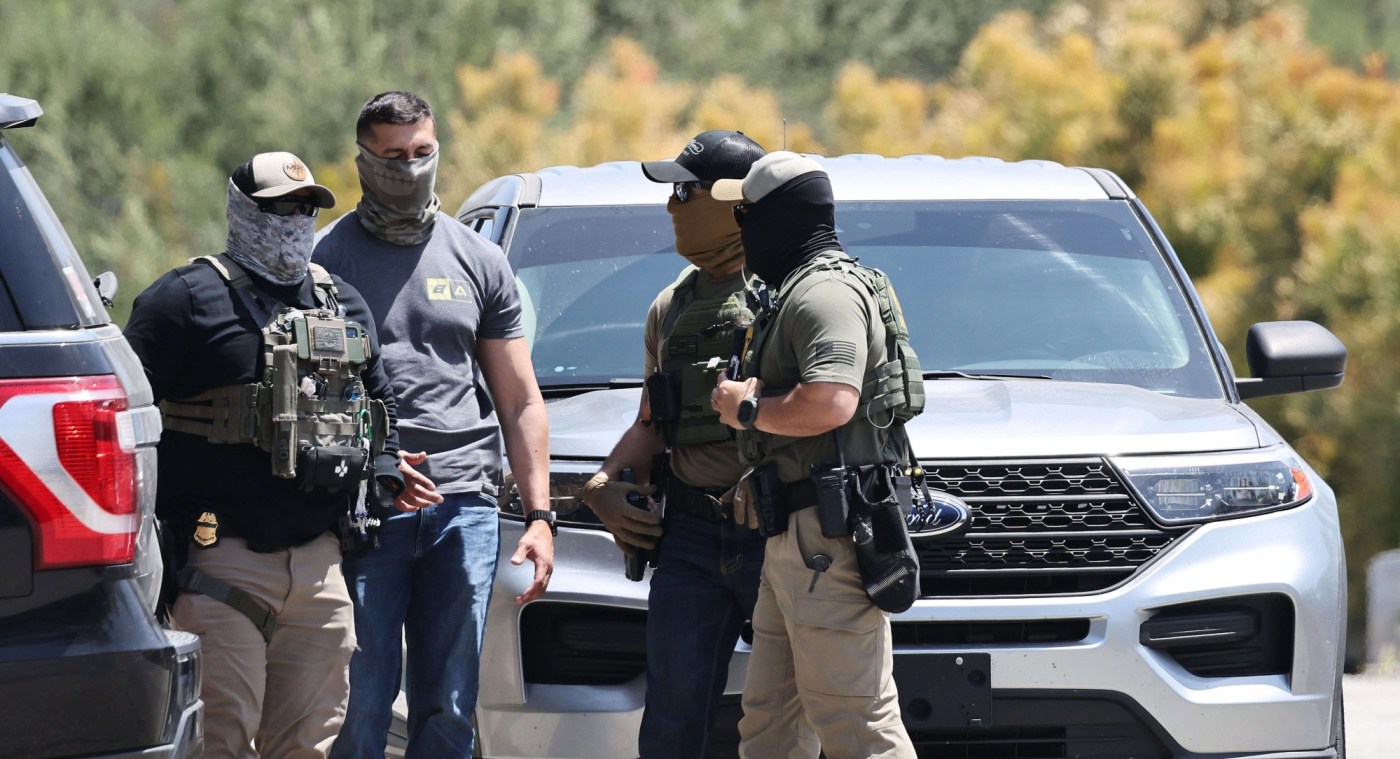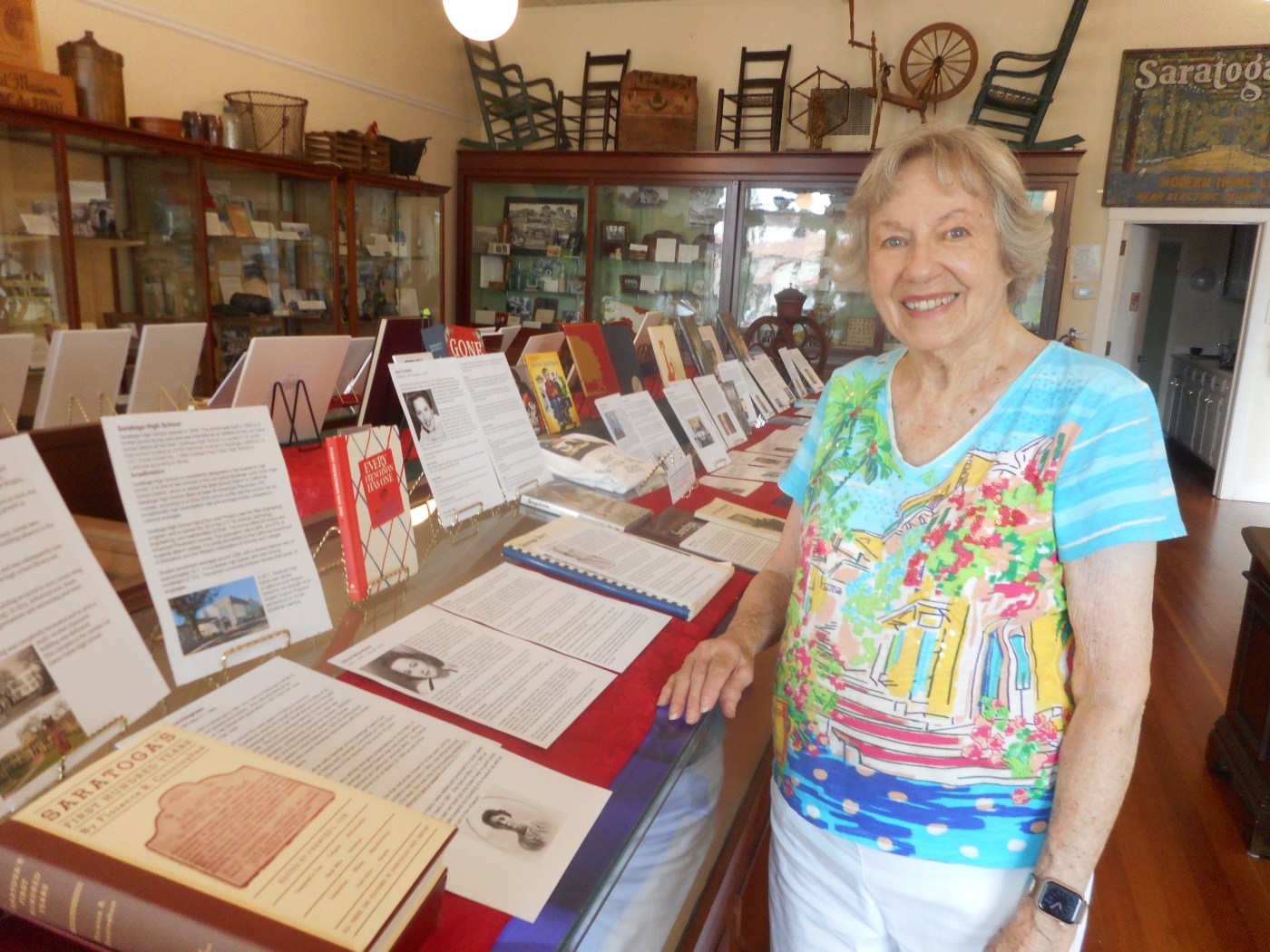Last Saturday Gov. Gavin Newsom signed a series of bills aimed at protecting California’s undocumented immigrants from aggressive raids by President Donald Trump’s immigration agents.
Senate Bill 627, which would prohibit federal officers from wearing masks during their operations, drew the heaviest media coverage and a dismissive response from administration officials.
Related Articles
Newsom signs ‘Safe Schools Act’ taking unprecedented action against ICE
Opinion: California salmon runs in danger of extinction if Newsom fails to act
Prop. 36 promised treatment for people with serious drug addiction, but jails are left holding the bag
Controversial antisemitism bill awaits Newsom’s signature
California bans most law enforcement officers from wearing masks
“What are you afraid of?” Newsom asked of federal agents during the signing event in Los Angeles. “You’re going to go out and you’re going to do enforcement — provide an ID. Tell us which agency you represent. Provide us basic information that all local law enforcement is required to provide.”
“We don’t need to abide by this garbage,” Tricia McLaughlin, deputy secretary of the Department of Homeland Security, posted on X.
The political saber rattling is merely theatrical symbolism. Newsom got another fix of national media attention to bolster his image as resistor-in-chief to the commander-in-chief, in apparent preparation for a 2028 presidential campaign.
By denouncing Newsom and the legislation, Trump administration officials reassured his political base he’s serious about cracking down on those who entered the country illegally.
Newsom and any other critics of ICE tactics are delusional if they believe federal officers will be arrested and prosecuted for wearing masks after SB 627 takes effect. State and local authorities have no power to arrest federal officers for official actions, no matter how questionable they may be, which was made clear by a U.S. Supreme Court decision involving a U.S. marshal fatally shooting a former California Supreme Court justice in 1889 and a 1972 shooting death of a suspected drug dealer in Humboldt County.
In 1859, former California Supreme Court Justice David Terry got into an argument with U.S. Sen. David Broderick over slavery and the two erstwhile friends settled it with a duel in San Francisco that left Broderick dead. Historians considered it the nation’s last noteworthy duel before the practice was outlawed.
Thirty years later, Terry was involved in another feud, this time with U.S. Supreme Court Justice Stephen Field and he made several threats on Field’s life. U.S. Marshal David Neagle was Field’s bodyguard as he toured the state, holding court in various communities. Terry confronted Field in a train station in Lathrop, near Stockton, and struck Field several times before Neagle fatally shot Terry.
The San Joaquin County sheriff arrested Neagle for homicide, but federal judges ordered his release. The case went all the way to the U.S. Supreme Court, which declared that a federal officer cannot be prosecuted by state or local authorities while acting in the course of official duties.
That principle was tested again in California after Dirk Dickenson, a suspected drug dealer, was shot in the back by federal drug agent Lloyd Clifton during a raid on Dickenson’s rural Humboldt County home in 1972.
I played a minor role in the ensuing legal case because I was editor of the Humboldt Times-Standard at the time. One of my reporters accompanied officers on the raid and was an eyewitness to the shooting.
Some historians consider Dickenson to be the first casualty of the federal war on drugs. In an affidavit Clifton said, “At the time I thought it was necessary to prevent Dickenson from escaping.”
Local outrage at Dickenson’s death resulted in a grand jury murder indictment of Clifton, but before he could be tried, a federal judge blocked the proceedings based on the 19th century Supreme Court decision involving Marshal Neagle. A federal appellate court later agreed.
That’s why, no matter how much Californians might resent the ICE raids, state and local officials cannot tell federal agents not to wear masks.
Dan Walters is a CalMatters columnist.





